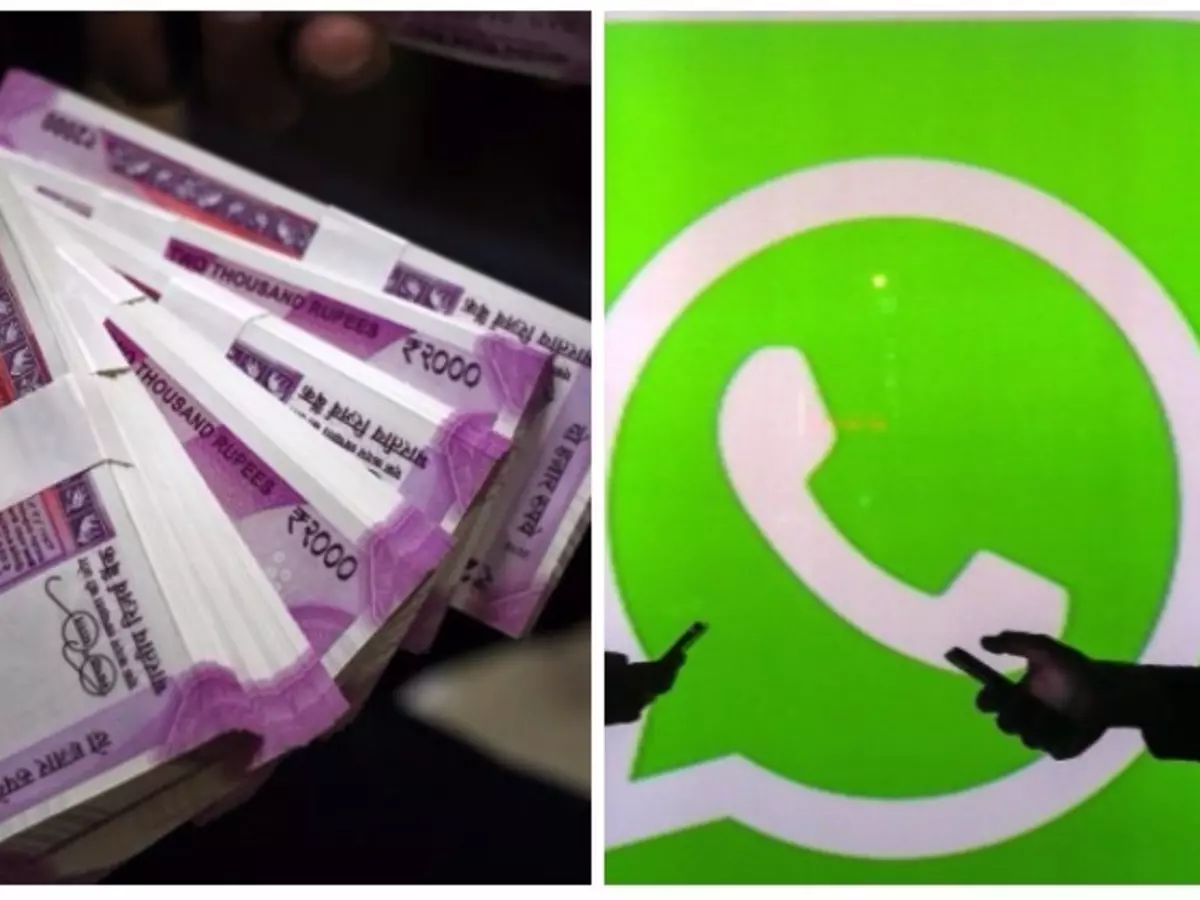WhatsApp Will Soon Let You Send And Receive Money & How This Will Affect Digital Wallets
The feature is expected to roll out to users across the country by December this year.

We reported earlier this year that WhatsApp was beta testing a new in-app payment feature for India. Now it seems the update may finally be rolling out this December.
It¡¯ll be the first time WhatsApp has debuted a digital payment feature anywhere in the world. It¡¯s expected to utilise the government¡¯s Unified Payment Interface (UPI) platform.

According to Factor Daily, an internal source confirmed the upcoming patch saying, ¡°They are likely to do some sort of an extended beta program for the feature in November and by December you can expect a full rollout.¡± WhatsApp has reportedly tied up with State Bank of India, ICICI Bank and HDFC Bank to launch the UPI-driven payment protocol.
The feature will reportedly appear as a Rupee button in the chat interface under the attachment menu, alongside sharing a location or contact. Clicking it will let a user send money or request it from someone else.
When sending money, you¡¯ll have to enter the amount and then verify it with your UPI pin. The recipient will then receive a notification prompting them to accept or reject the transaction. But the best part is that all of this happens without you having to ever leave the WhatsApp window.

Reuters
Why this could be a game-changer?
It¡¯s of course a cause for worry for digital wallets like Paytm, which have built their empire on being a convenient way to transfer money via smartphone. But if there¡¯s anything easier than transferring funds through your phone, it¡¯s by doing it through a chat app. This is something China¡¯s WeChat has already demonstrated time and again. Of course, what remains to be seen is whether UPI is efficient enough (and intuitive enough) to keep up with the potential influx of users from WhatsApp.
And you can probably expect other companies to try stuff like this too. Facebook has already introduced a payment feature into its Messenger app in the US, though it never really took off. On the other hand, Indians likely end up transferring money to each other more often than those in the US, where online transactions are probably more frequent. Either way, it may not be too long before Facebook also jumps on the bandwagon, and you end up sending your friend money you owe them through chat.
Basically, this is a good development for the adoption of digital transactions and India's quest to become a cashless economy. But it means hiding from friends whom you owe money could become difficult.
